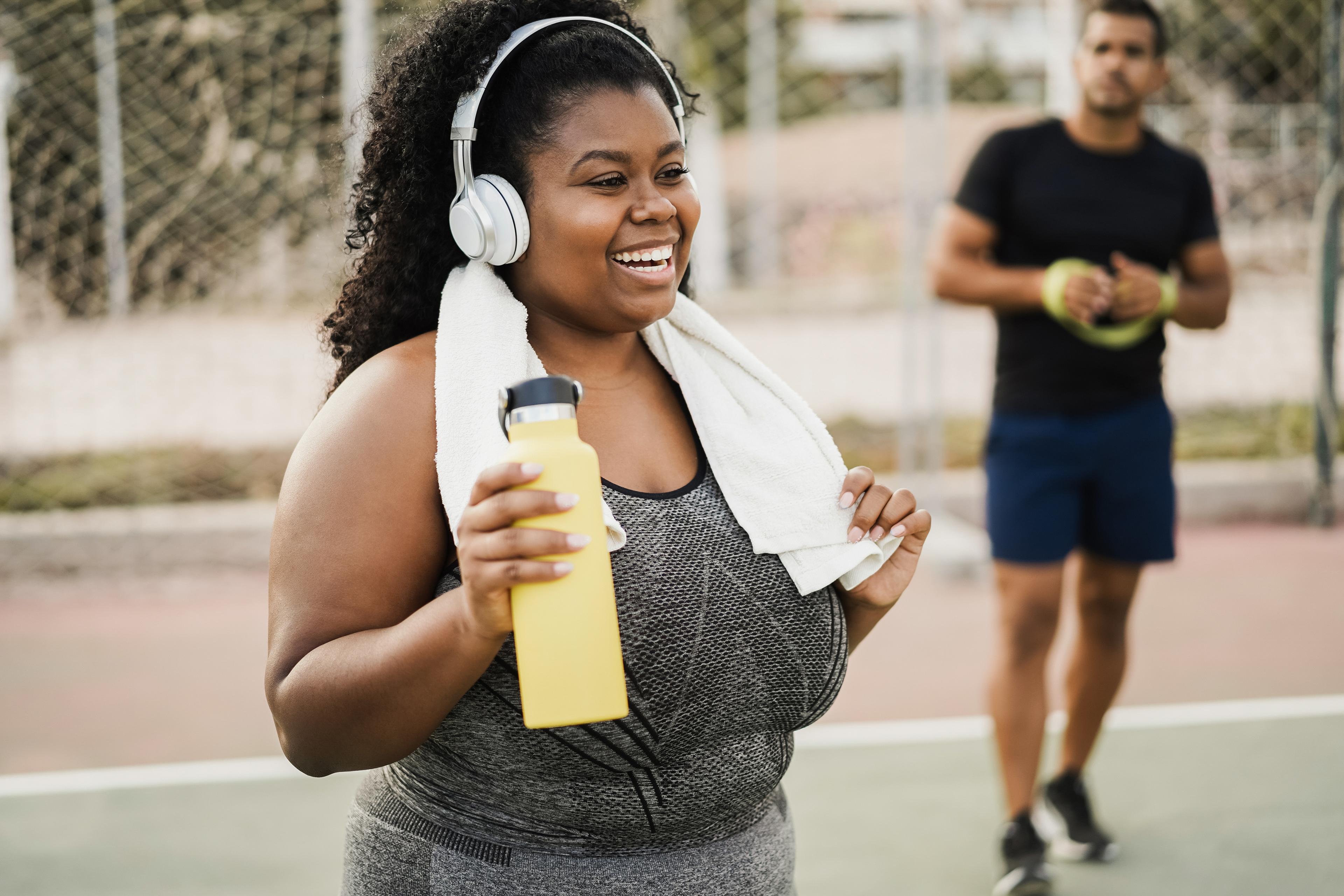Is Napping Good for You?
Shandra Martinez
| 3 min read

We’ve all had those days when a nice, cozy nap sounds like just the thing that would make our life better. We might find ourselves longing for a snooze on the couch after a particularly exhausting remote video meeting for work, or just wish we could head back to bed when sluggishness invades our afternoon. But for most of us, napping might seem like a luxury we don’t have time for. Besides, is napping even good for you?
Little sleep = big benefits. The short answer is yes. For many people, even a quick nap packs lots of benefits. These range from waking up in a better mood to having sharper cognitive thinking skills. It could be just what a lot of people need to make the second half of their day smoother. According to the Mayo Clinic’s guide to napping, these benefits await people who schedule a little daytime shut-eye:
- Relaxation
- Less fatigue
- Improved alertness
- Better mood
- Higher performance on daily tasks
- Quicker reaction time
- Improved memory
Studies show about 30% of adults say they squeeze in a nap – and a lot of these people make it a daily habit. More men than women call themselves nappers. But is there a right way to nap? It turns out, there are some things that make napping more effective.
Power nap or long snooze? When it comes to good-for-you nap skills, the power nap is the hands-down winner. These naps are roughly 20 minutes of shut-eye – just enough to allow you to wake up feeling refreshed and not groggy, sleep experts say. There’s a little science behind this, according to the National Sleep Foundation. Here are the highlights:
- Short naps give your mind and body a rest, but you don’t enter the deep stages of sleep
- Power naps give people better memory recall and cognitive skills than non-nappers
- Power naps are best taken between 1 p.m. and 3 p.m.
NASA even tested the benefits of power naps and found a little dose of daytime sleep boosted astronauts’ alertness and skills’ performance levels. Why don’t longer naps work just as well? It’s about those sleep stages again. Studies show people who try to grab a 45-minute nap likely enter that deep-sleep cycle and can wake up groggy.
Tips for a great power nap. There is an art to creating a good nap space, sleep experts say. And there’s a lot more to it than just tipping your head back while you’re in your parked car or dozing off in front of the television. Here are some tips to turn you into a power-napping pro:
- Skip late-afternoon naps. They can make it harder for you to fall asleep at night
- Just like you would at bedtime, find a cool, dark and quiet place to nap
- Set an alarm for 20 minutes
- If you have trouble quieting down, add an eye mask and/or ear plugs
Related:
Photo credit: Getty Images





